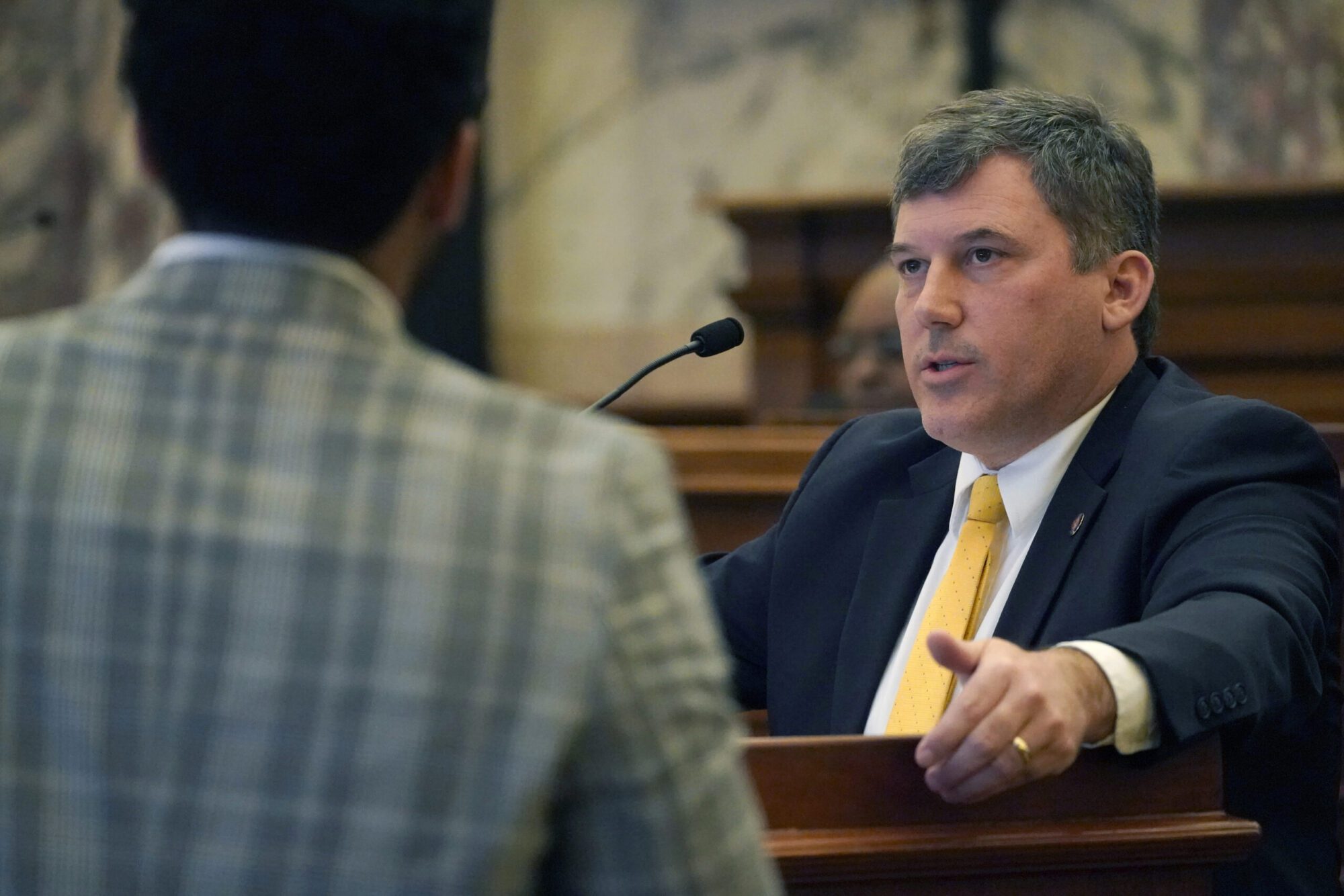
(Photo from Shutterstock)
- Under SB 2849, companies that accept taxpayer economic incentives must uphold their employees’ right to a private ballot.
Mississippians value the right to vote freely and without coercion. Whether casting a ballot for local officials or national leaders, the ability to make a private decision at the ballot box without intimidation is a fundamental right. The same principle should apply in the workplace when employees consider and vote on union representation and whether or not to unionize. Protecting a worker’s right to a secret ballot is about fairness, privacy and ensuring that decisions are made without undue pressure, influence or intimidation.
One of the biggest threats to a worker’s private vote is the “card check” system, which allows unionization efforts to move forward simply by publicly collecting employee signatures. The process exposes workers to peer pressure and intimidation in the workplace in plain view of their colleagues and even sometimes includes visits to their homes by union representatives seeking their signatures. However, a secret ballot vote protects employees from outside influence and allows them to make informed decisions in the privacy of the voting booth.
Southern States Stand Together to Defend Workers’ Rights
SB 2849, sponsored by State Senator Josh Harkins, positions Mississippi alongside its Southern neighbors – Alabama, Tennessee and Georgia – in the defense of all workers’ right to a private vote. These states took action to ensure that taxpayer dollars do not subsidize coercive unionization tactics. By joining them, Mississippi reinforces its commitment to fairness, worker protection and the responsible use of public funds.
Mississippi is poised for significant economic growth, particularly in the manufacturing and automotive industries. With major site expansions on the horizon, now is the time to reinforce a business-friendly environment that also respects workers’ rights. This legislation sends a strong message to private employers: If you invest in Mississippi, we will protect your employees’ right to vote privately and without coercion.
At present, 7.2% of Mississippi’s private sector employees are unionized. That means the vast majority of workers could face aggressive unionization campaigns in the coming years. This legislation ensures that these workers have the same protections as voters in any other election – free from intimidation or undue influence. Mississippi Governor Tate Reeves has joined other Southern state governors to support worker protections and strengthen the case for this measure. Additionally, national coverage from CNBC highlights the growing importance of secret ballots in union votes.
Alabama, Georgia and Tennessee have all signed milestone legislation that protects worker privacy and access to private ballot votes. Alabama Governor Kay Ivey supported her position, stating that “she is standing up for Alabamians and protecting our jobs.” Mississippi would not stand alone – this is a movement across the South to safeguard workers’ rights and one that other states across the country should implement.
Preserve the Right to a Private Vote
As stewards of the taxpayer’s resources, Mississippi lawmakers must ensure state incentives are managed responsibly. Under SB 2849, companies that accept taxpayer economic incentives must uphold their employees’ right to a private ballot. By upholding this protection, Mississippi and its Southern neighbors ensure companies only receive public incentives if their employees can vote on unionization elections without intimidation.
Additionally, this measure prohibits “neutrality agreements,” which can unfairly prevent employers from sharing information with their workers. Employees deserve the right to hear both sides of the issue rather than being presented with only the union’s perspective and talking points. Transparency is critical for workers to make informed decisions about their future.
This legislation applies only to future economic incentives and union organizing efforts. It does not impact existing unions, current economic incentive agreements or subcontractors. Compliance with this law is straightforward and does not conflict with federal labor regulations. When a similar law was challenged in Arizona, the courts upheld the state’s right to protect the secret ballot process.
I urge Mississippi legislators to support SB 2849. This landmark legislation preserves the integrity of the workplace voting process, ensures that taxpayer dollars are used responsibly and upholds the values of fairness and freedom that define Mississippi. Let’s take this step forward and reaffirm our commitment to protecting workers and businesses alike.








